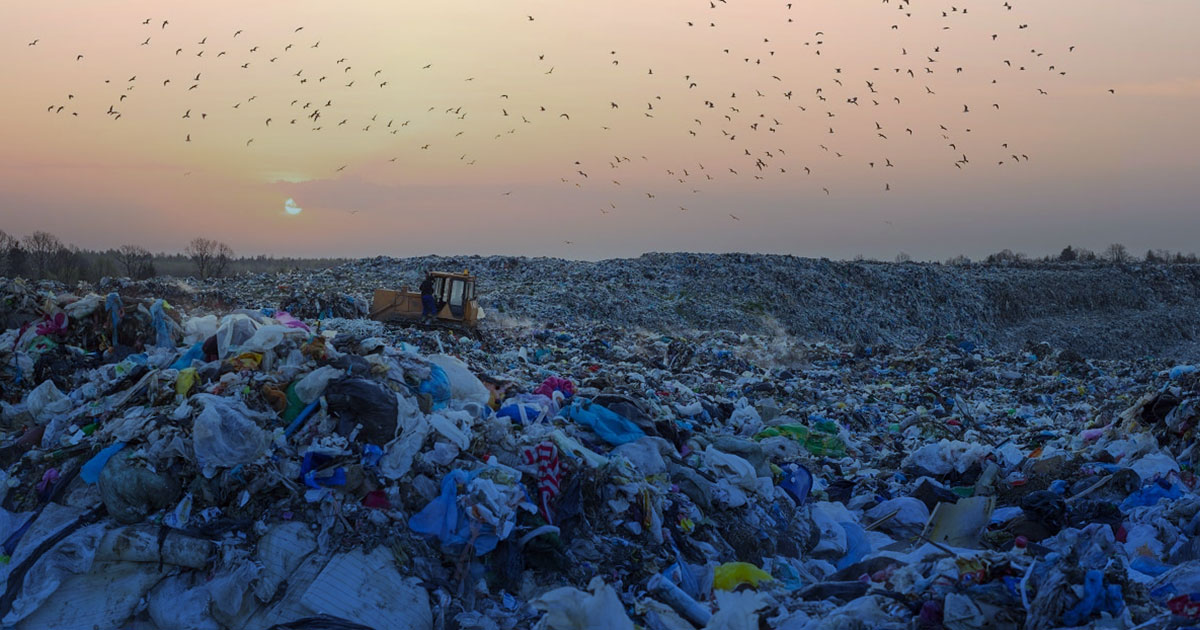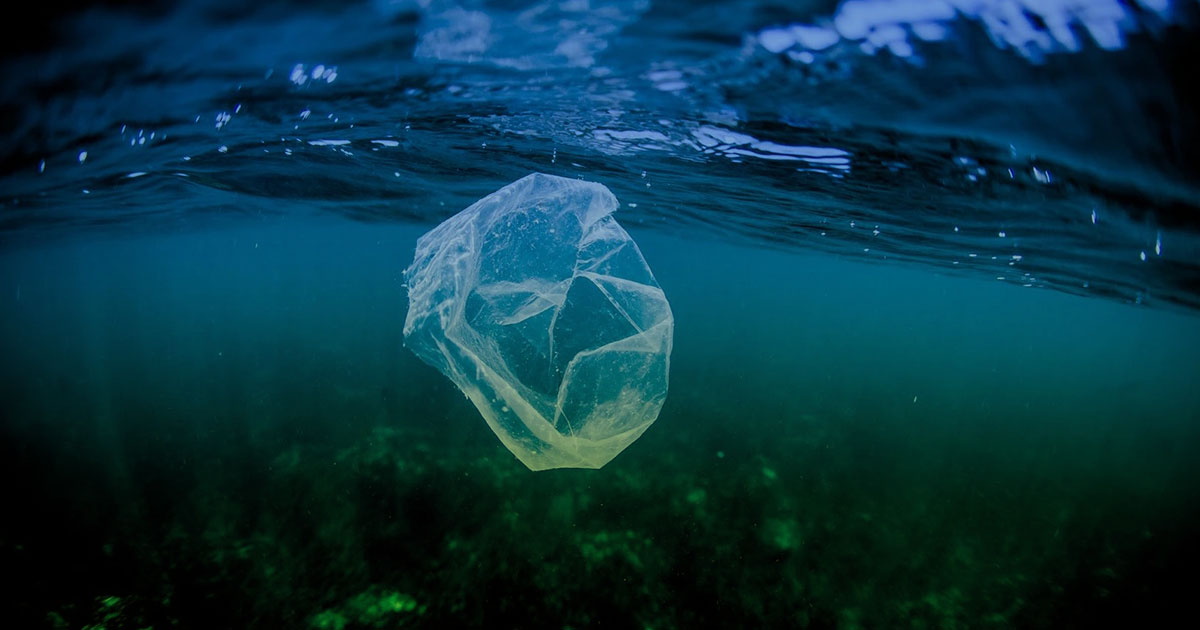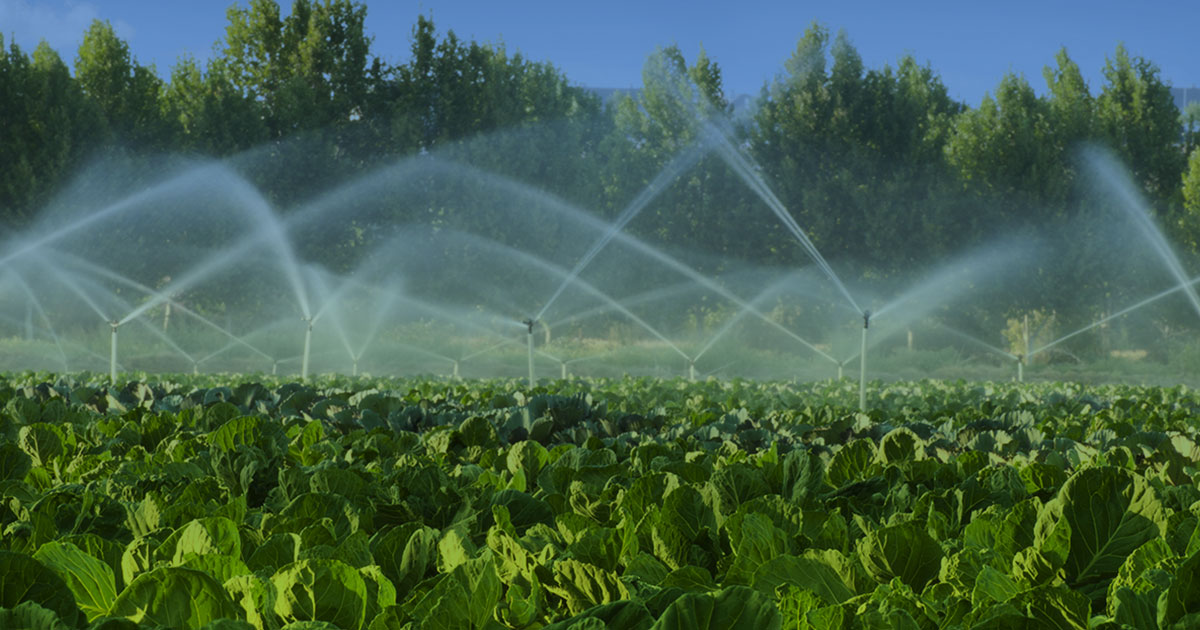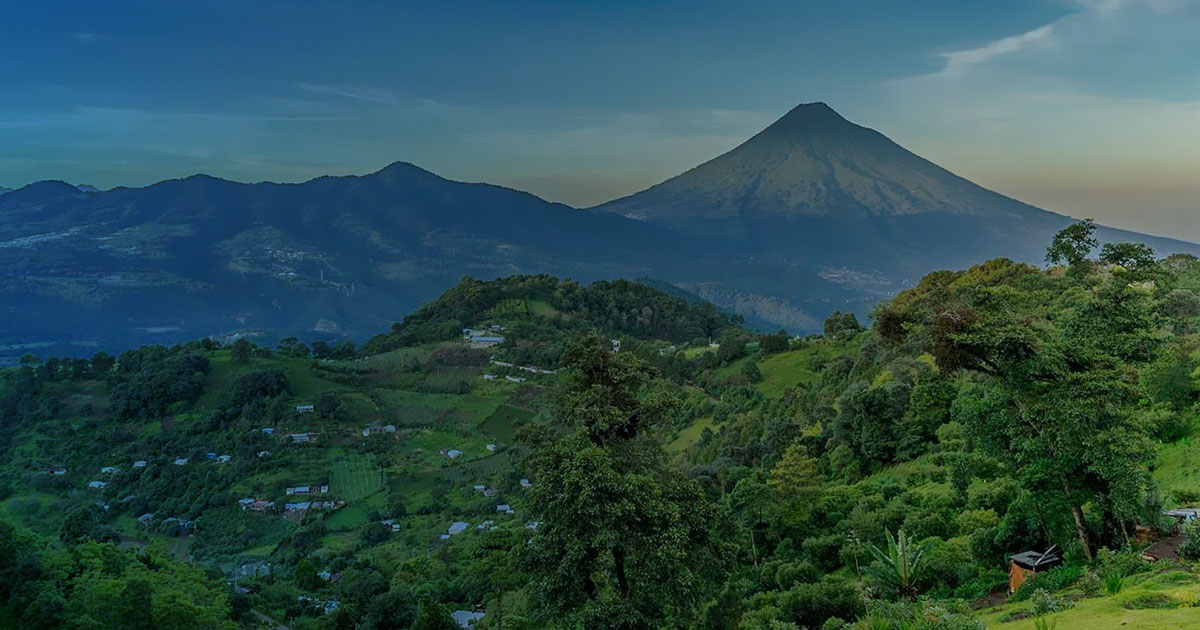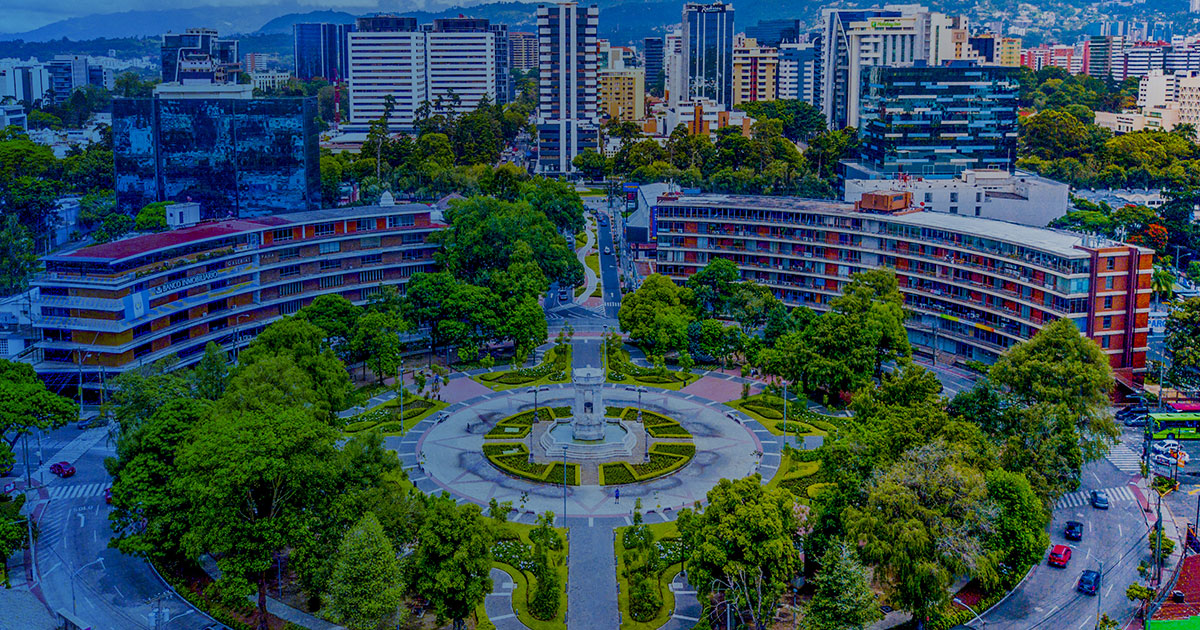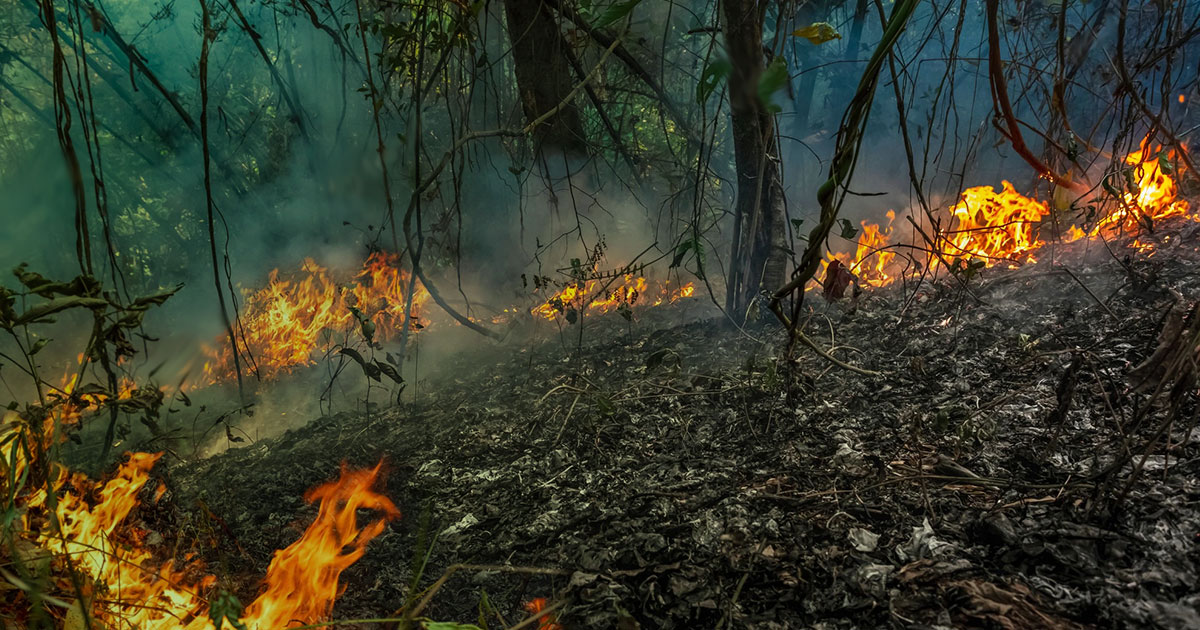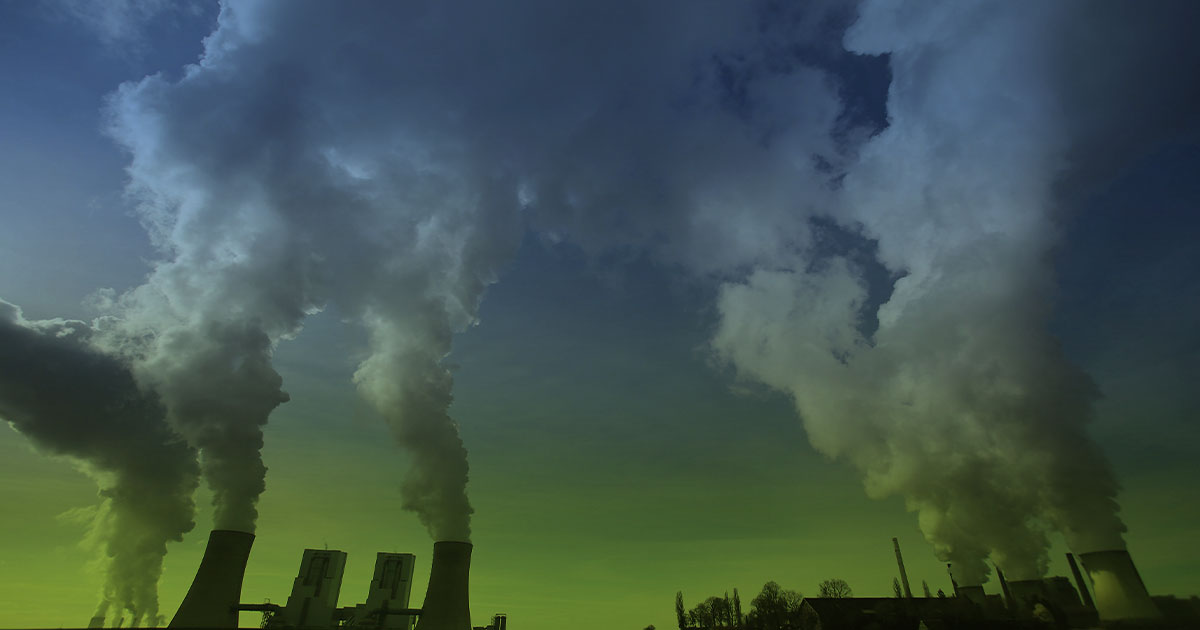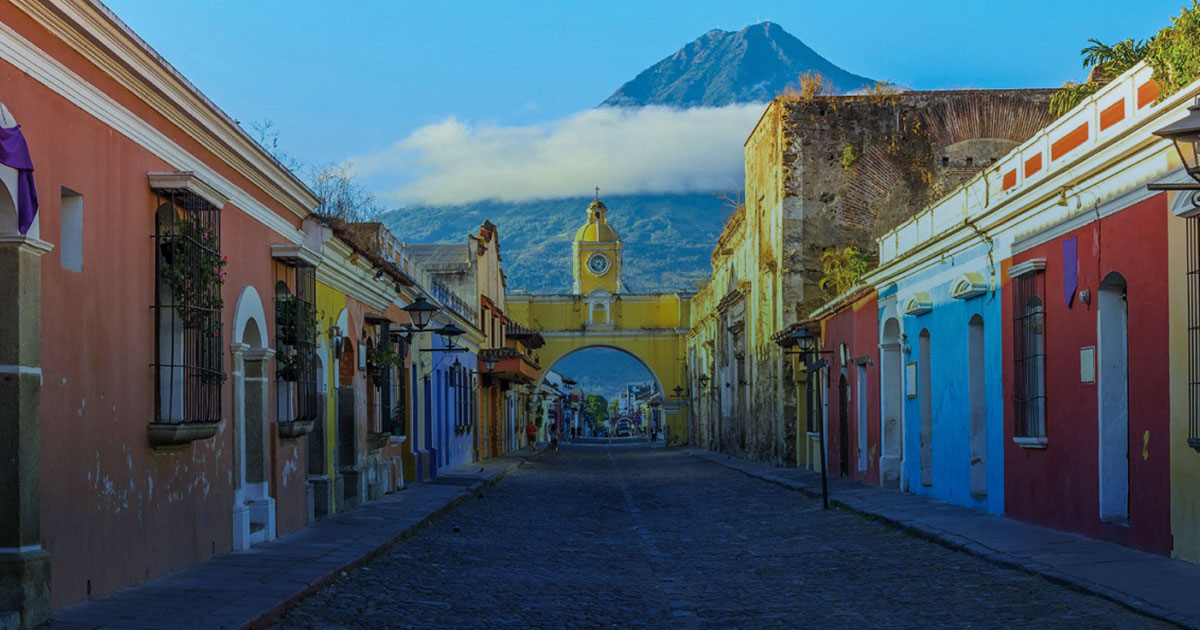Cases of people contracting diseases due to the consumption of food or water that are contaminated by microorganisms, dangerous germs and/or toxic chemicals that can even cause death are regularly recorded. It is estimated that each year around 600 million people worldwide – almost 1 in 10 inhabitants – get sick from eating contaminated food.
Water and food are safe when they are free of dangerous microbes (bacteria, viruses, parasites, or fungi), chemicals (allergens, veterinary drug residues, agrochemicals, or toxins), or external physical agents (soil, hair, insects, etc.) that They are a risk to our health.
A safe food is also called innocuous.
Food safety is defined as “ the assurance that food will not cause harm to the consumer when it is prepared and/or consumed according to its intended use”.
The World Health Organization, for its part, establishes that access to safe and nutritious food in sufficient quantity is essential to sustain life and promote good health. Furthermore, the provision of safe food strengthens national economies, trade and tourism, contributes to food and nutrition security, and serves as a foundation for sustainable development.
Ministry of Public Health and Social Assistance
In accordance with the Guatemalan legal order, the Ministry of Public Health and Social Assistance is the governing body of the office of the State Executive Organism, to comply with the constitutional mandate of ensuring the health and social assistance of the inhabitants. In this sense, the aforementioned Ministry, through the Department of Regulation and Surveillance of Food and Beverages, will control:
The quality and safety of products for human consumption, monitoring good manufacturing practices; through the granting of health licenses and/or reference health records.
Sanitary license
Through the sanitary license, the General Directorate of Regulation, Surveillance and Control of Health, seeks to measure a minimum of hygiene standards and manufacturing practices that guarantee the safety and quality of products for human consumption and is mandatory for each establishment. where activities of food industrialization, preparation and sale of food are carried out.
All owners of food establishments, prior to their operation or opening to the public, must obtain the sanitary license issued by the Department of Food Regulation and Control. It is important to take into account that the operation of food establishments without a valid sanitary license is prohibited.
Food handling
One of the necessary requirements of a food establishment or production unit is to ask food handlers for valid health documents that are legally appropriate, to check their good condition and maintain their health history. These documents consist of the lungs card and the food handling card.
It is a duty of the food industry and food vendors, the health training of food handlers. This training is received at the Health Center closest to where the food establishment or production unit is located.
Therefore, it is necessary to consider these legal aspects for food-related industries in order to guarantee that they will not cause harm to the consumer.
